Major Charles J. Loring Jr., a decorated fighter pilot, stands as a symbol of bravery and self-sacrifice. Serving in both World War II and the Korean War, his exceptional valor earned him the United States’ highest military award—the Medal of Honor—posthumously. This blog explores the life, struggles, and heroic acts of Major Loring, immortalizing his legacy in history.

Early Life and Struggles: Born on October 2, 1918, in Portland, Maine, Charles J. Loring Jr. grew up in a close-knit community. He attended Cheverus High School, graduating in 1937. His early years were marked by a commitment to hard work and perseverance, traits that would later define his military career. Despite the looming challenges of World War II, Loring chose to dedicate his life to serving his country, joining the United States Army in 1942.
Military Enlistment and Heroics: After enlisting, Loring underwent rigorous training to become a pilot in the Army Air Corps. His early assignments took him to Puerto Rico, where he flew P-39 Airacobras and P-40 Warhawks on anti-submarine missions. By 1944, Loring was flying P-47 Thunderbolts in Europe, supporting Allied forces in critical campaigns such as Operation Overlord. He completed 55 combat missions, earning a Distinguished Flying Cross for his bravery in neutralizing enemy armored units under intense fire.
However, wartime heroics came with a cost. In December 1944, Loring's aircraft was shot down over Belgium, leading to six harrowing months as a prisoner of war under Nazi Germany. Liberated in 1945, he returned home but remained steadfast in his service to the military.
Defining Moment: By the time of the Korean War, Loring had transitioned into the newly established United States Air Force. In 1952, he was stationed in Korea, flying F-80 Shooting Stars. On November 22, during a critical mission near Kunwha, his aircraft sustained heavy damage from enemy anti-aircraft fire. Demonstrating unparalleled courage, Loring chose to sacrifice his life rather than retreat. He deliberately crashed his aircraft into the enemy artillery, obliterating the position and saving countless Allied troops pinned down by the barrage. This act of selflessness remains one of the most extraordinary examples of heroism in military aviation history.
Post-War Life and Career: Though Loring did not survive to see the impact of his actions, his legacy endured. In 1954, Loring Air Force Base in Limestone, Maine, was named in his honor. Communities across Maine and beyond commemorated his life, from the Charles J. Loring Memorial Park in Portland to dedications at Cheverus High School. His story inspired future generations, reminding them of the ultimate sacrifices made by service members.
Military Awards and Decorations: Major Loring’s distinguished service earned him numerous accolades, including:
- Medal of Honor
- Distinguished Flying Cross
- Purple Heart with Bronze Oak Leaf Cluster
- Air Medal with multiple Oak Leaf Clusters
- Prisoner of War Medal
- European-African-Middle Eastern Campaign Medal
- Korean Service Medal
International honors included the Belgium Croix de Guerre with Palm and the Republic of Korea Presidential Unit Citation.
Major Charles J. Loring Jr.’s story is one of immense courage, resilience, and dedication. From his early life in Maine to his final act of sacrifice over the battlefields of Korea, Loring exemplified the highest ideals of military service. His legacy continues to inspire, reminding us of the profound impact one individual can make through valor and selflessness.
